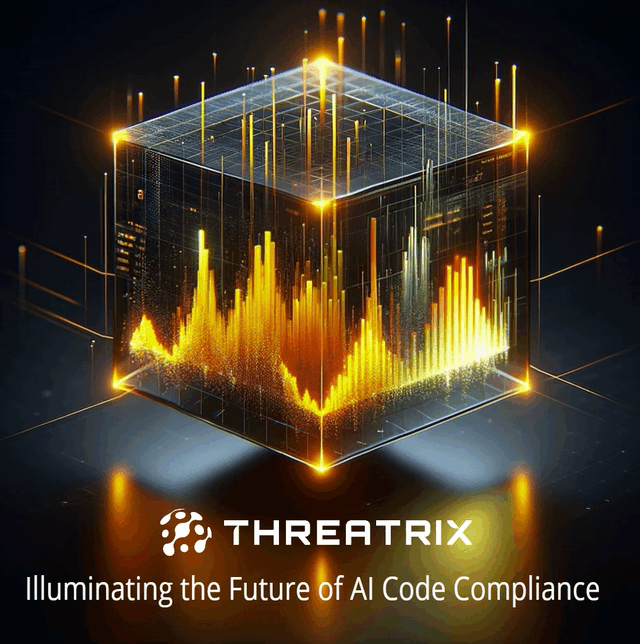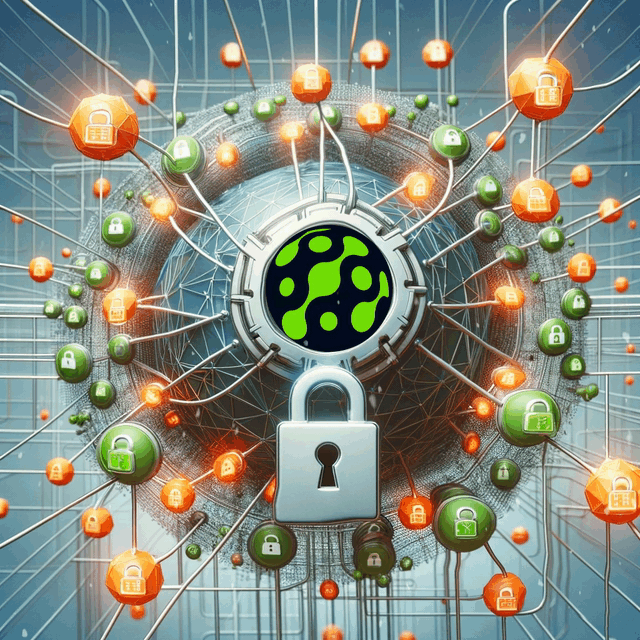2023 marked a significant turning point for developers and the integration of generative AI into software development. With GitHub Copilot transitioning from its technical preview in June 2022 and the launch of OpenAI’s ChatGPT in November 2022, the landscape of coding has been revolutionized.
Fast-forward 18 months, and according to Github, a staggering 95% of developers are harnessing generative AI to bolster their coding efficiency. The allure of generative AI lies in its promise to accelerate code production, yet this raises the question: Can there be too much of a good thing?
ChatGPT and GitHub Copilot have become household names in the burgeoning field of AI-assisted software development, leading the charge alongside emerging contenders like Google Bard, Amazon CodeWhisperer, and Sourcegraph Cody. These tools have proven invaluable for tackling routine coding tasks. Yet, they often stumble when faced with more intricate software architecture, nuanced pattern recognition, and the identification of sophisticated security vulnerabilities.
GitHub’s early analyses reveal a brighter side: developers code more swiftly, and report enhanced productivity and job satisfaction. However, this optimism is tempered by challenges. A Stanford study highlighted a troubling trend: developers using AI assistants tend to produce code with greater security vulnerabilities while mistakenly believing their output is secure. Further compounding this issue, Sauce Labs’ survey uncovered that 61% of developers incorporate untested ChatGPT-generated code into their projects, with 28% doing so frequently.
This rapid adoption of generative AI tools in coding practices underscores a paradox: while developers can generate more code faster than ever, the increased efficiency often comes at the cost of security. The reliance on AI-generated code is poised to culminate in significant software vulnerabilities, highlighting a gap between the promise of AI tools and the reality of their application.
The imperative for the tech industry is clear: a concerted effort must be made to uphold development standards that ensure all code, whether crafted by human hands or AI, undergoes thorough analysis, testing, and compliance with established quality and security benchmarks. This becomes even more crucial as we navigate the infancy of generative AI technologies, which demand substantial oversight to steer their development effectively.
Enter AICertify by Threatrix, a vanguard in the realm of AI code compliance and software supply chain security designed to bridge the gap between the rapid advancement of AI-generated code and the need for stringent security standards. AICertify empowers teams of any size to swiftly identify and address the complexities of AI-generated code compliance, transforming compliance management into an efficient process.
AICertify analyzes and vets both AI-generated and developer-written code, ensuring that organizations can embrace AI’s efficiency without sacrificing the integrity and security of their software. With seamless integrations, continuous monitoring, and automated solutions, AICertify ensures teams of any size can focus on innovation with peace of mind.
AI-generated code snippets often originate from existing open source projects, which may incorporate code from other open source initiatives. This interlinked nature of open source code highlights AI development’s complex layers and origins. AICertify, powered by Threatrix’s TrueMatch® with Origin Tracing technology, ensures precise provenance and licensing results, saving time and reducing costs.
The journey toward streamlined code is paramount in this era of AI-assisted development. As organizations increasingly rely on AI for code generation, establishing rigorous checks and balances becomes essential to maintain code that is not only functional but also secure, maintainable, and adaptable. Streamlined code principles—emphasizing clarity, intentionality, and consistency—are vital in ensuring software longevity and reliability.
The role of developers is evolving, not diminishing. The integration of AI in software development is akin to the ubiquity of internet searches—a tool that enhances capabilities rather than replaces human expertise. By prioritizing streamlined code and embedding robust review processes provided by Threatrix, organizations can safeguard against the pitfalls of AI-generated code, ensuring a secure and sustainable software development ecosystem.
AI promises to revolutionize software development, but its potential must be harnessed responsibly. As digital enterprises increasingly depend on sophisticated software, the imperative to maintain strict quality and security standards has never been more critical. Threatrix stands at the forefront of this challenge, ensuring that the future of software development remains bright, secure, and imbued with AI’s transformative power.


